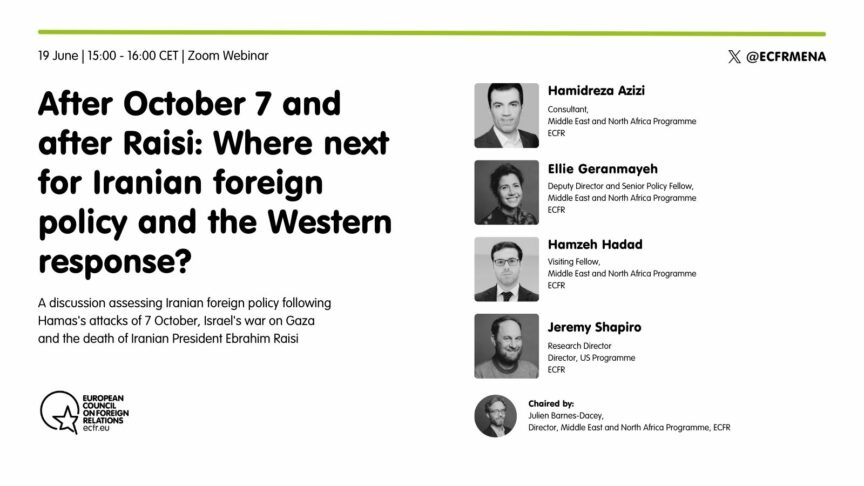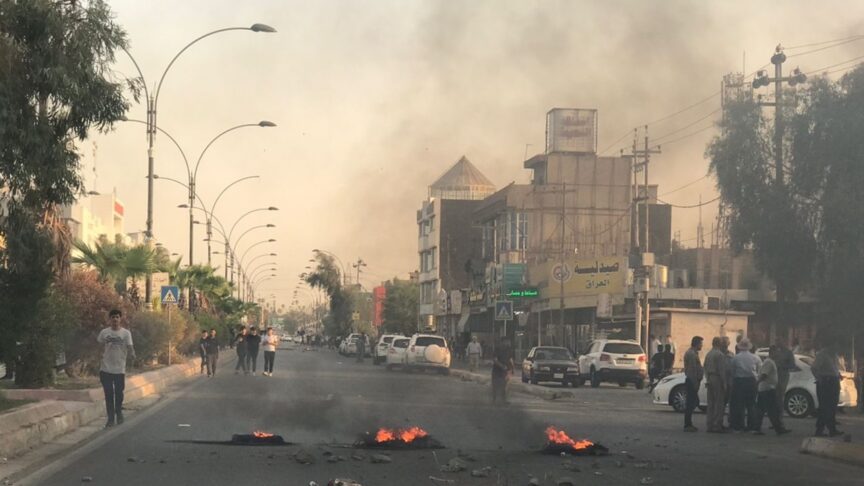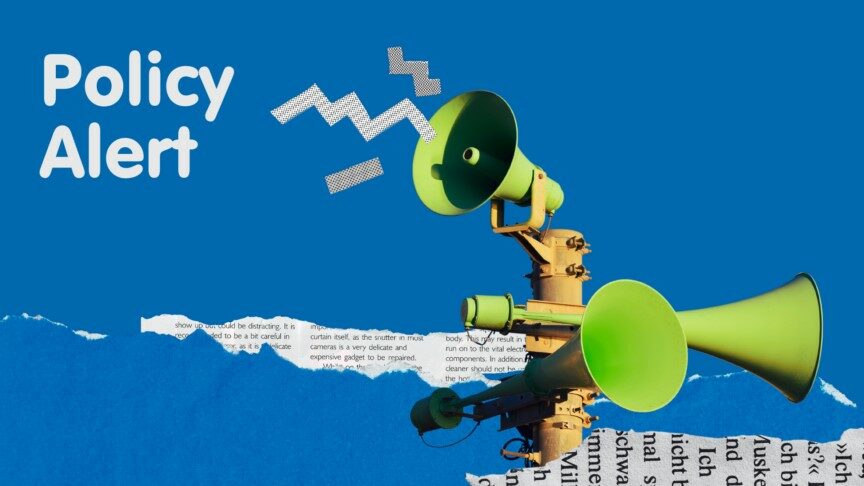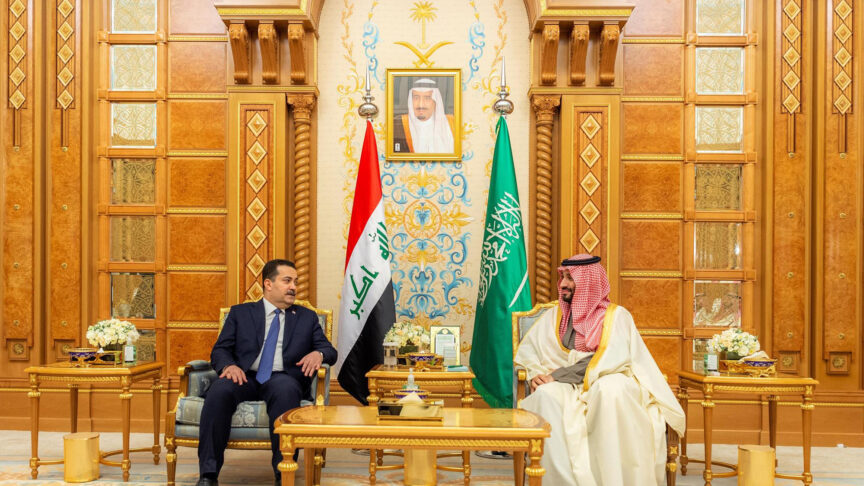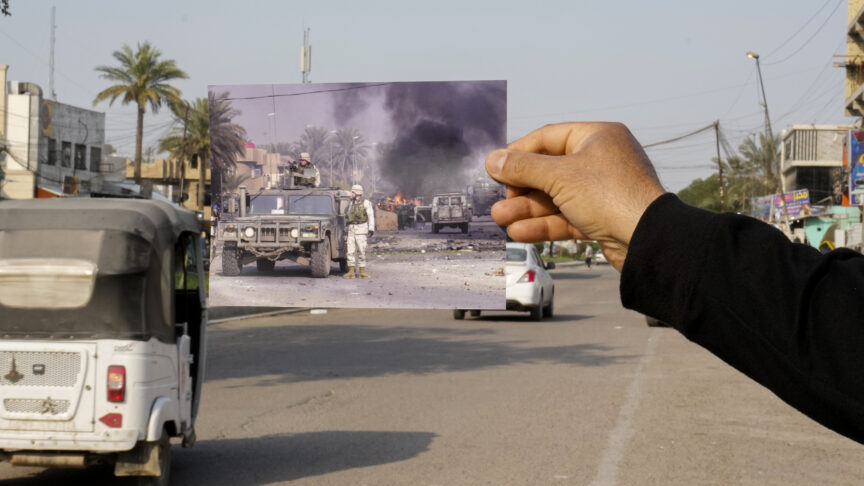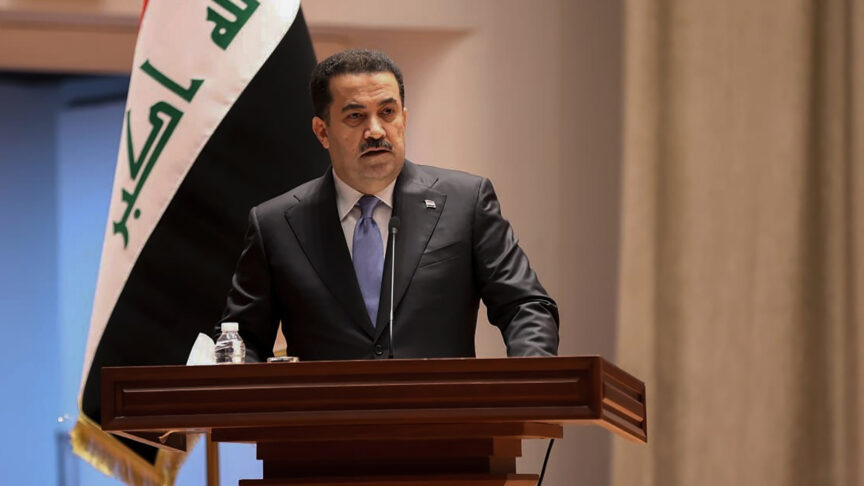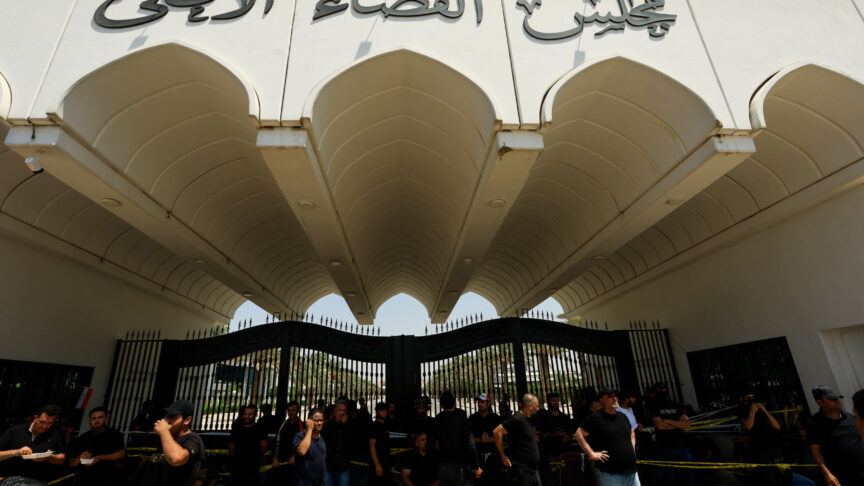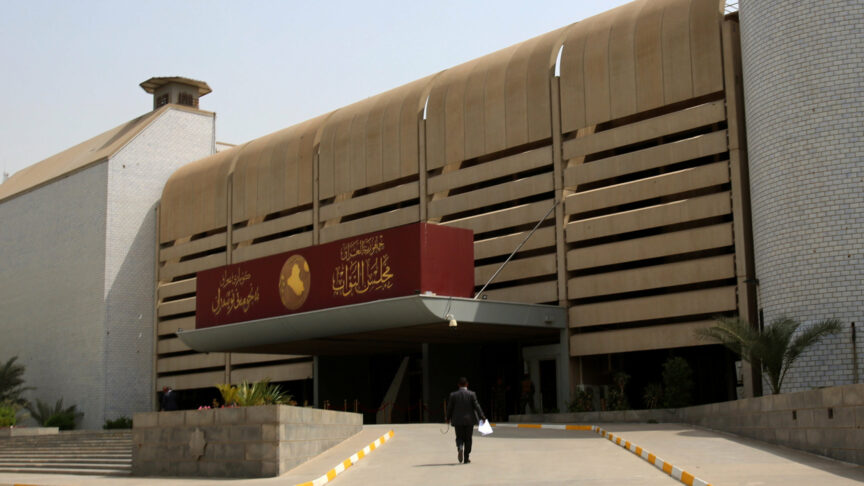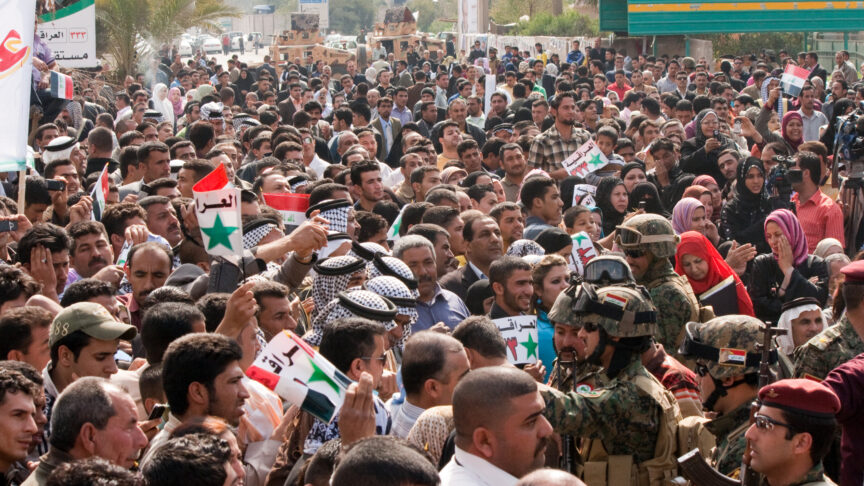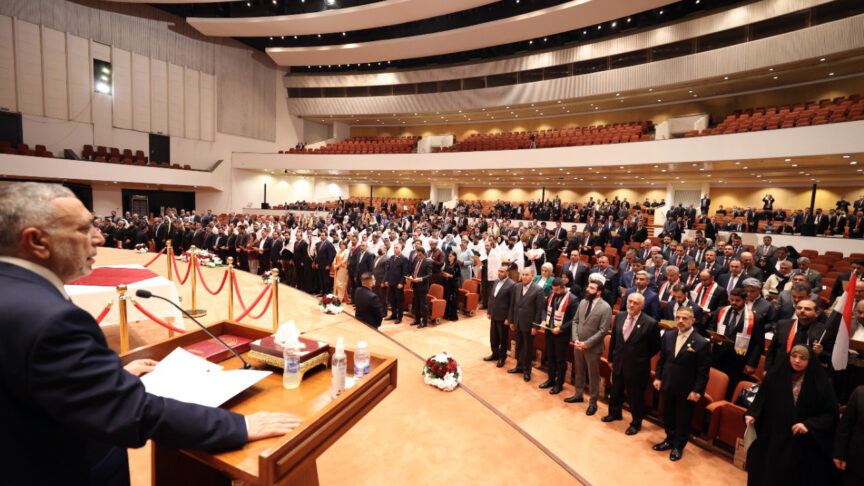Hamzeh Hadad is a visiting fellow with the Middle East and North Africa programme at the European Council on Foreign Relations.
Hadad is a researcher and political analyst based in Baghdad. His research focus is democratisation and federalism in Iraq. He has published in and been cited by various media on Iraqi political affairs. In 2021, Hadad was an advisor to the president of the Trade Bank of Iraq. Prior to that, he was the development officer at the German Embassy in Baghdad for two years. He holds an MA in international affairs, specialising in international development policy, from the Norman Paterson School of International Affairs in Ottawa.
